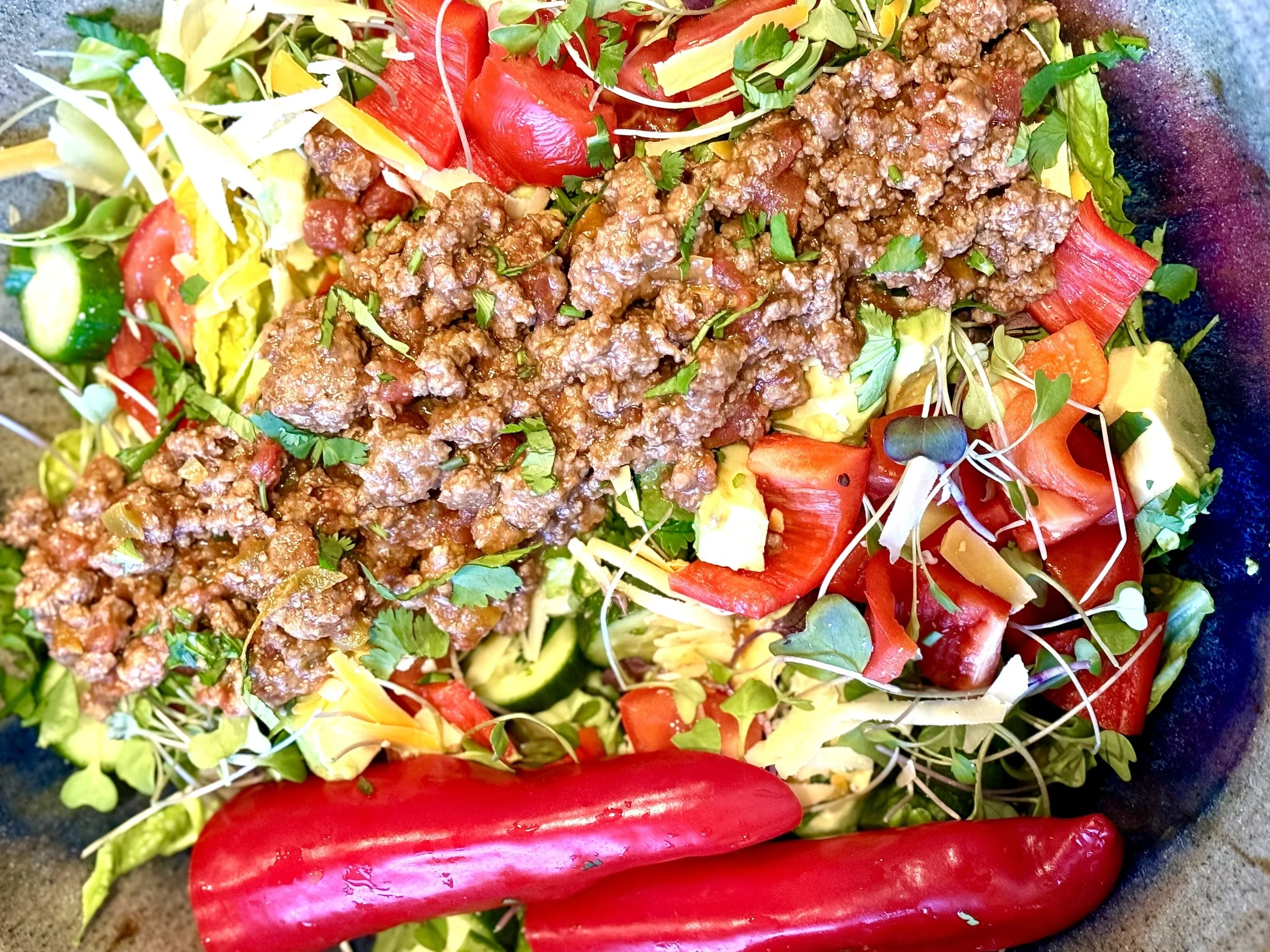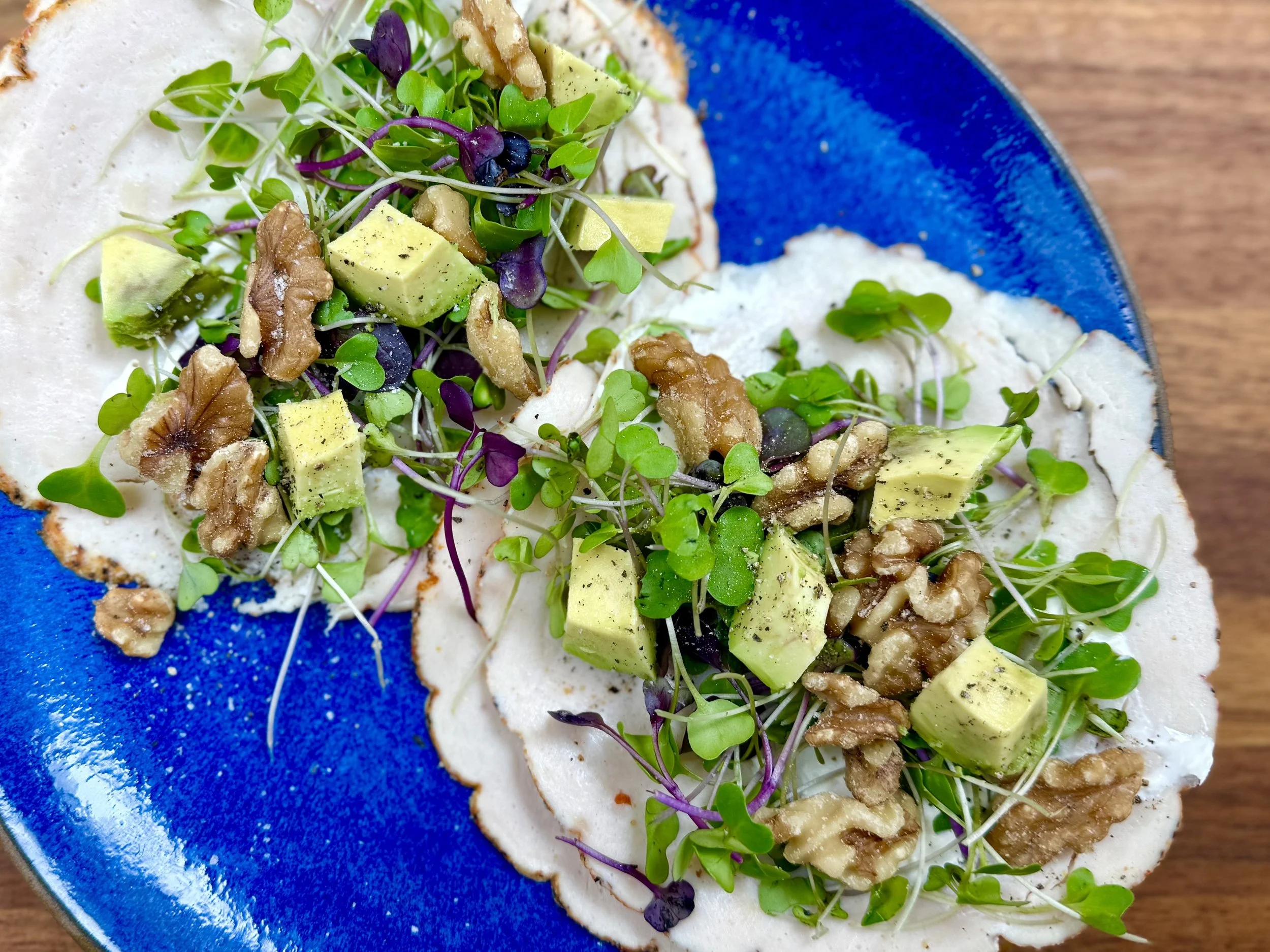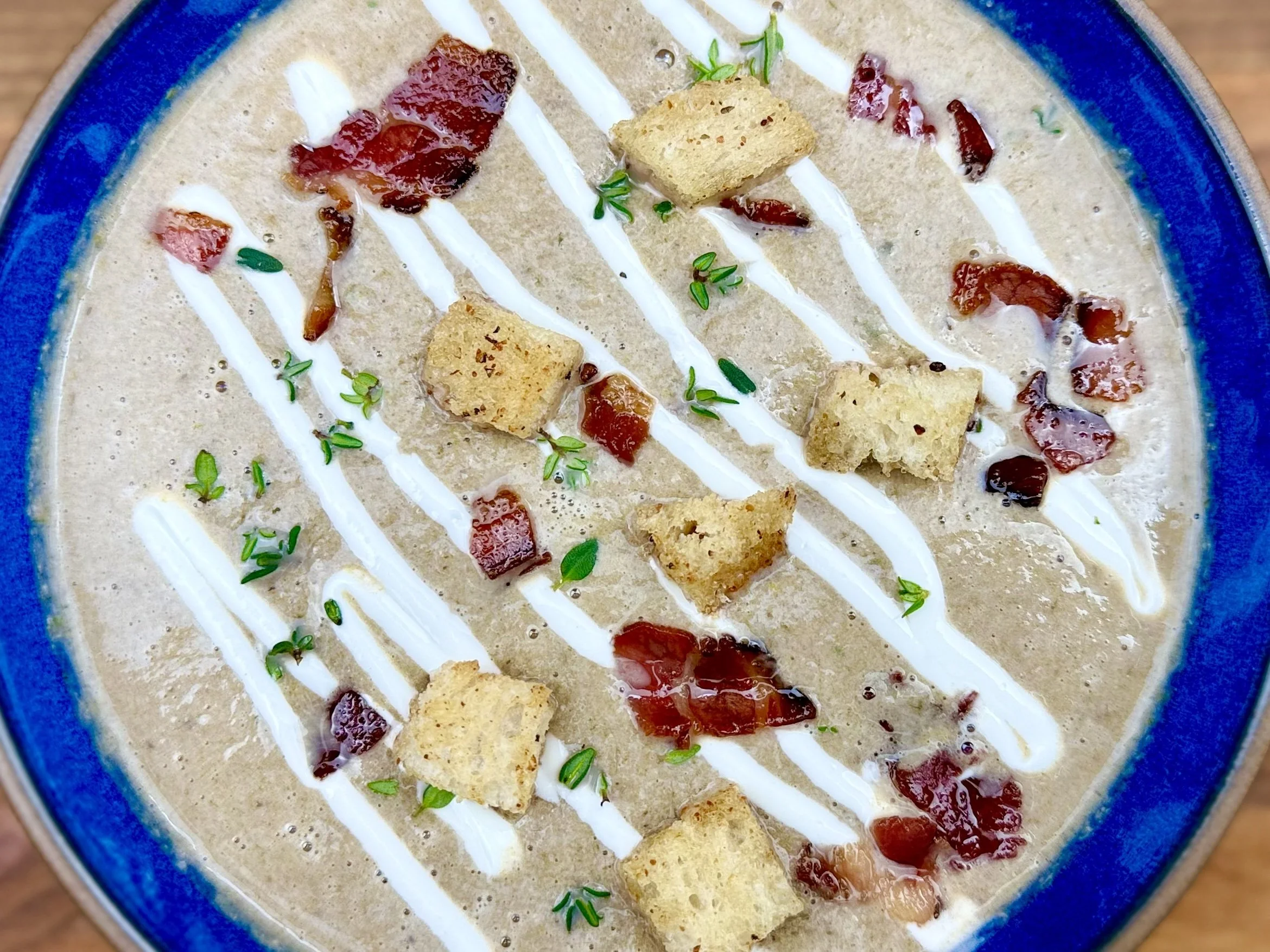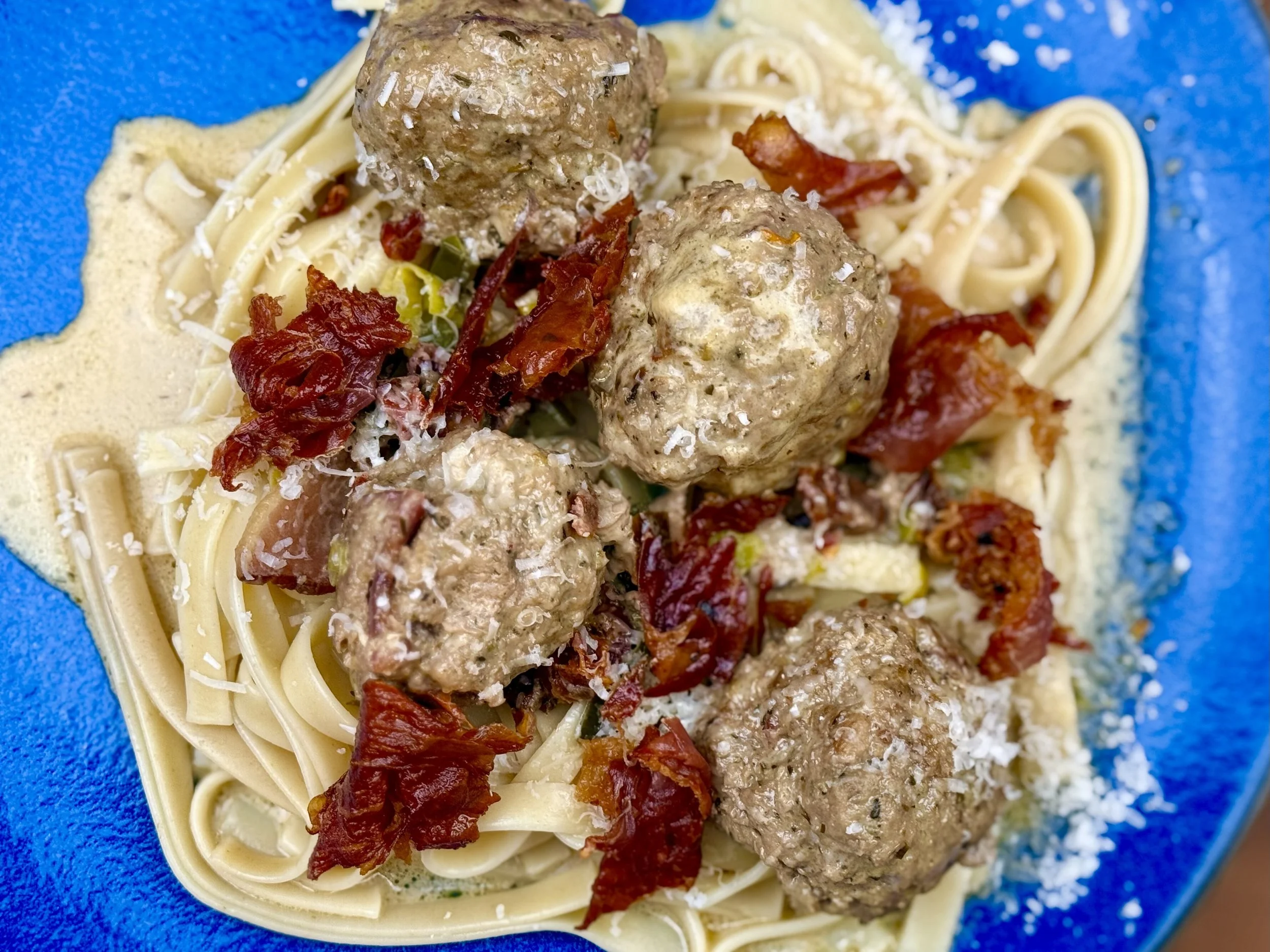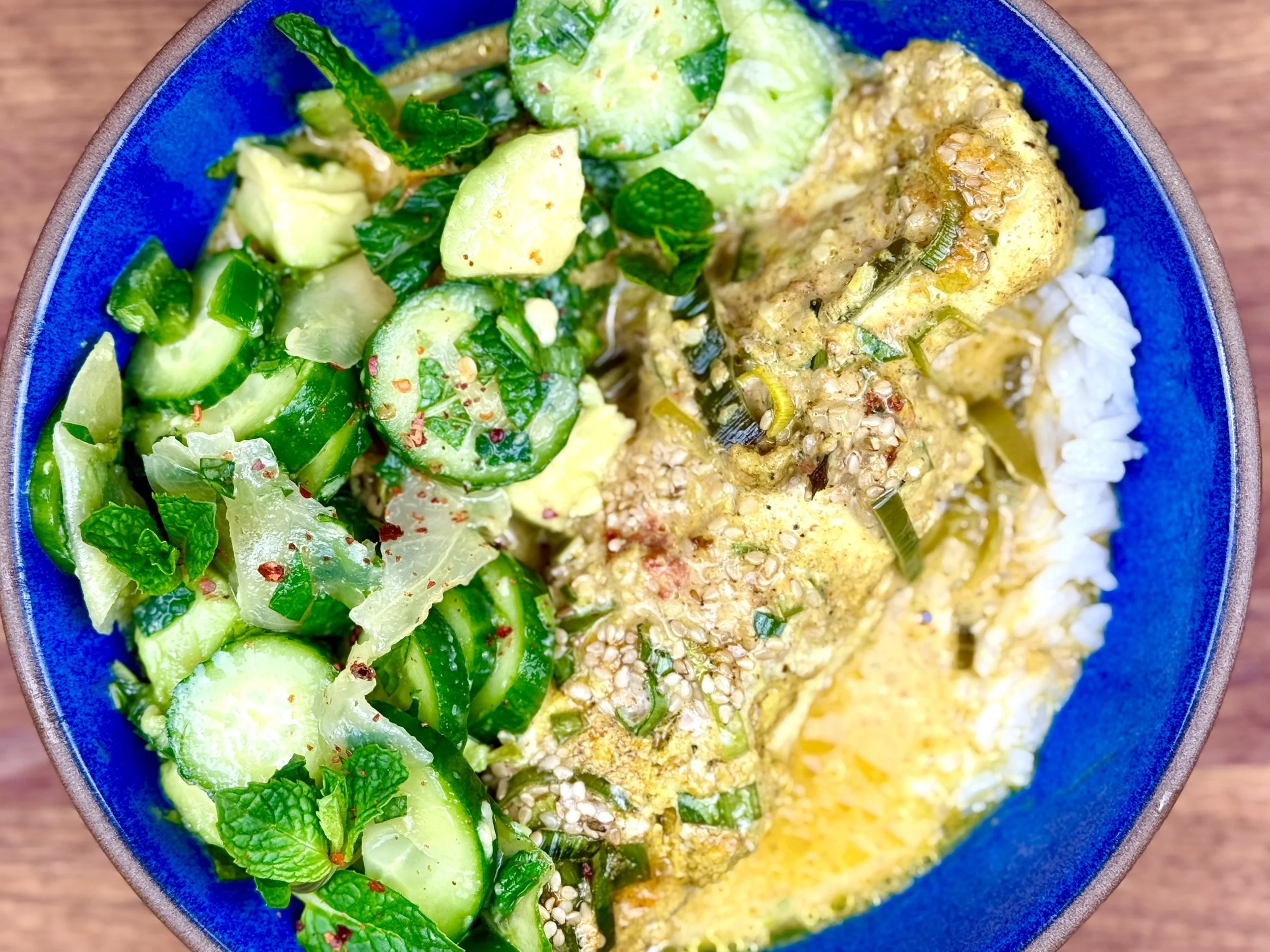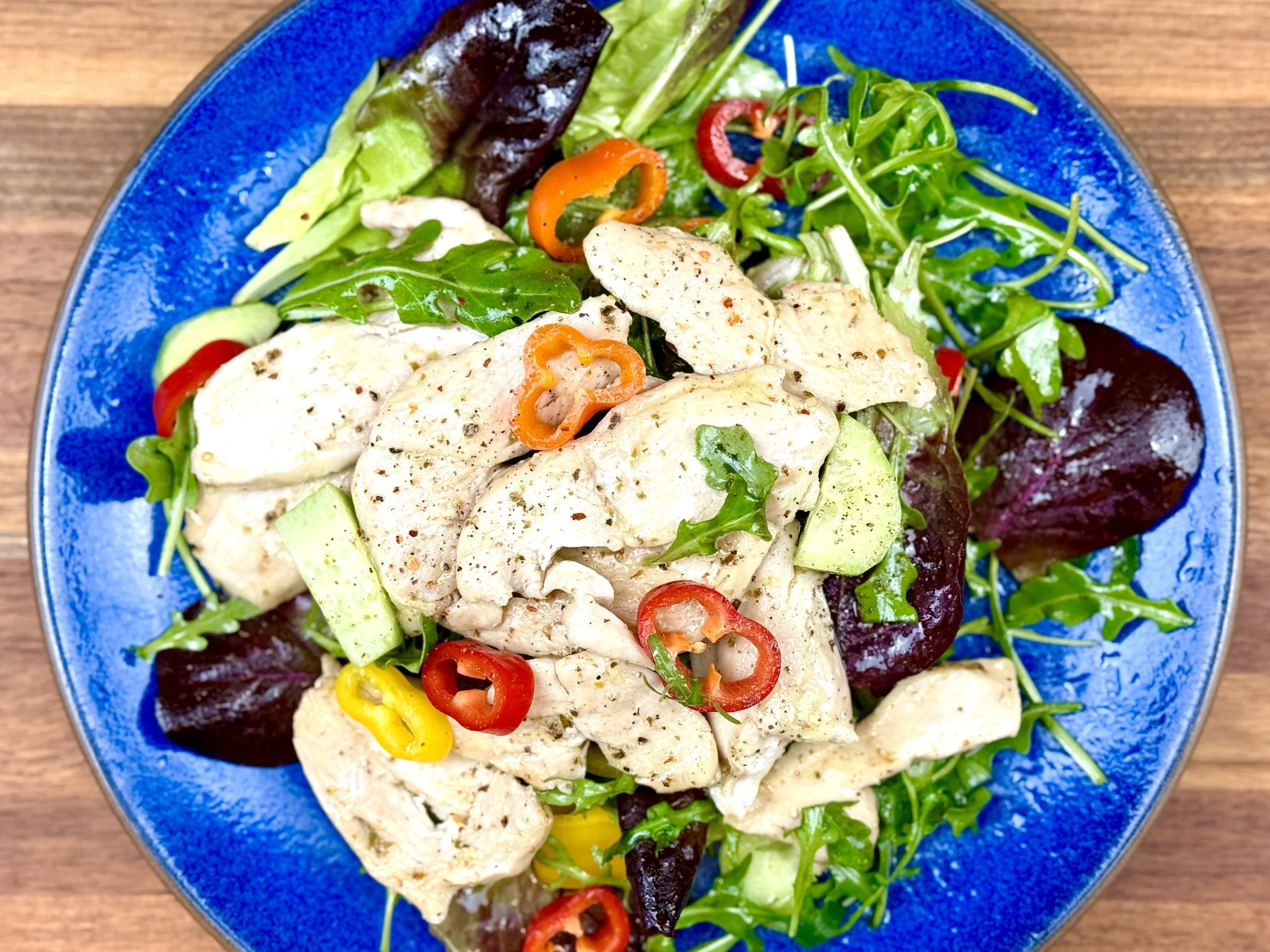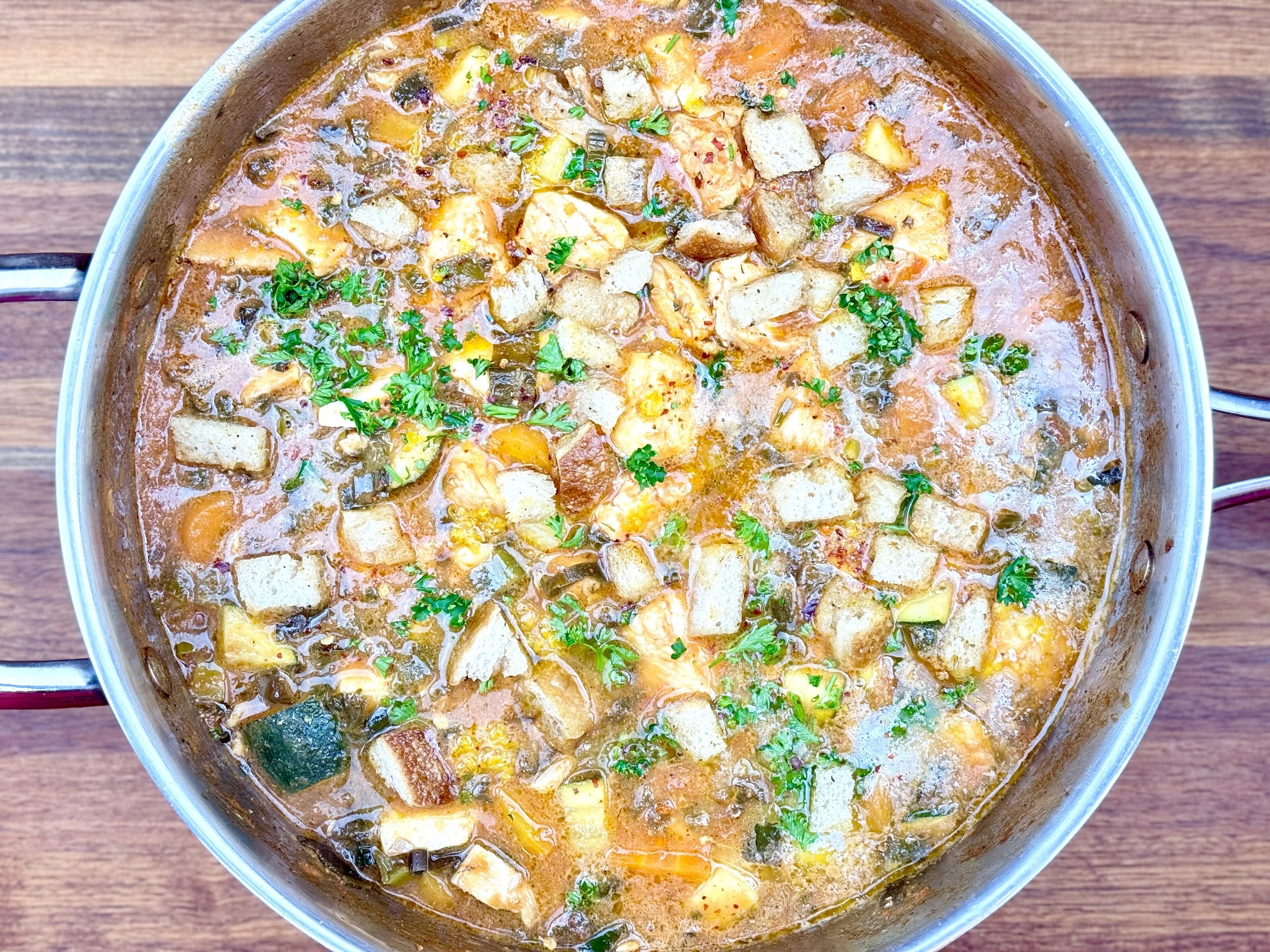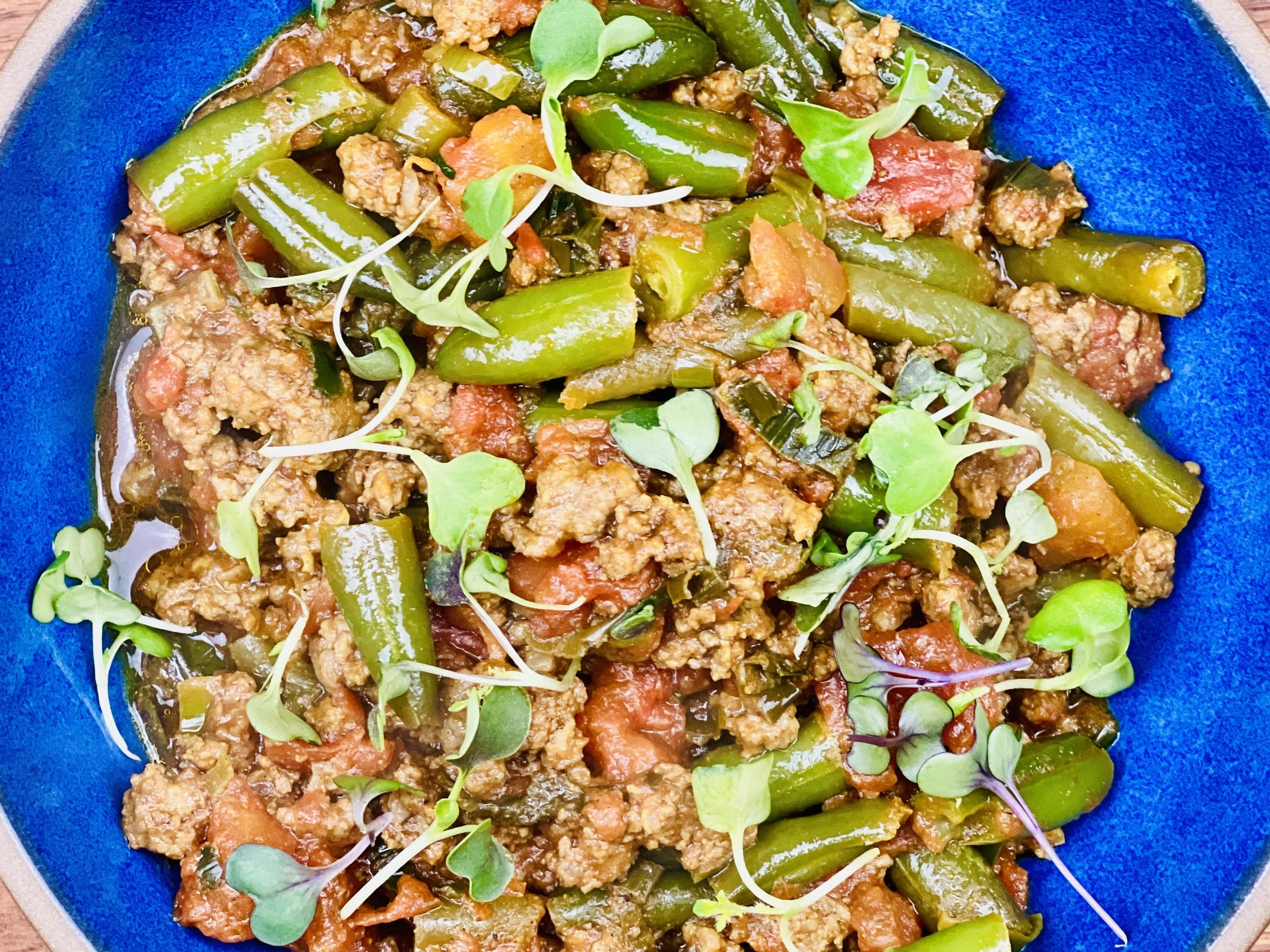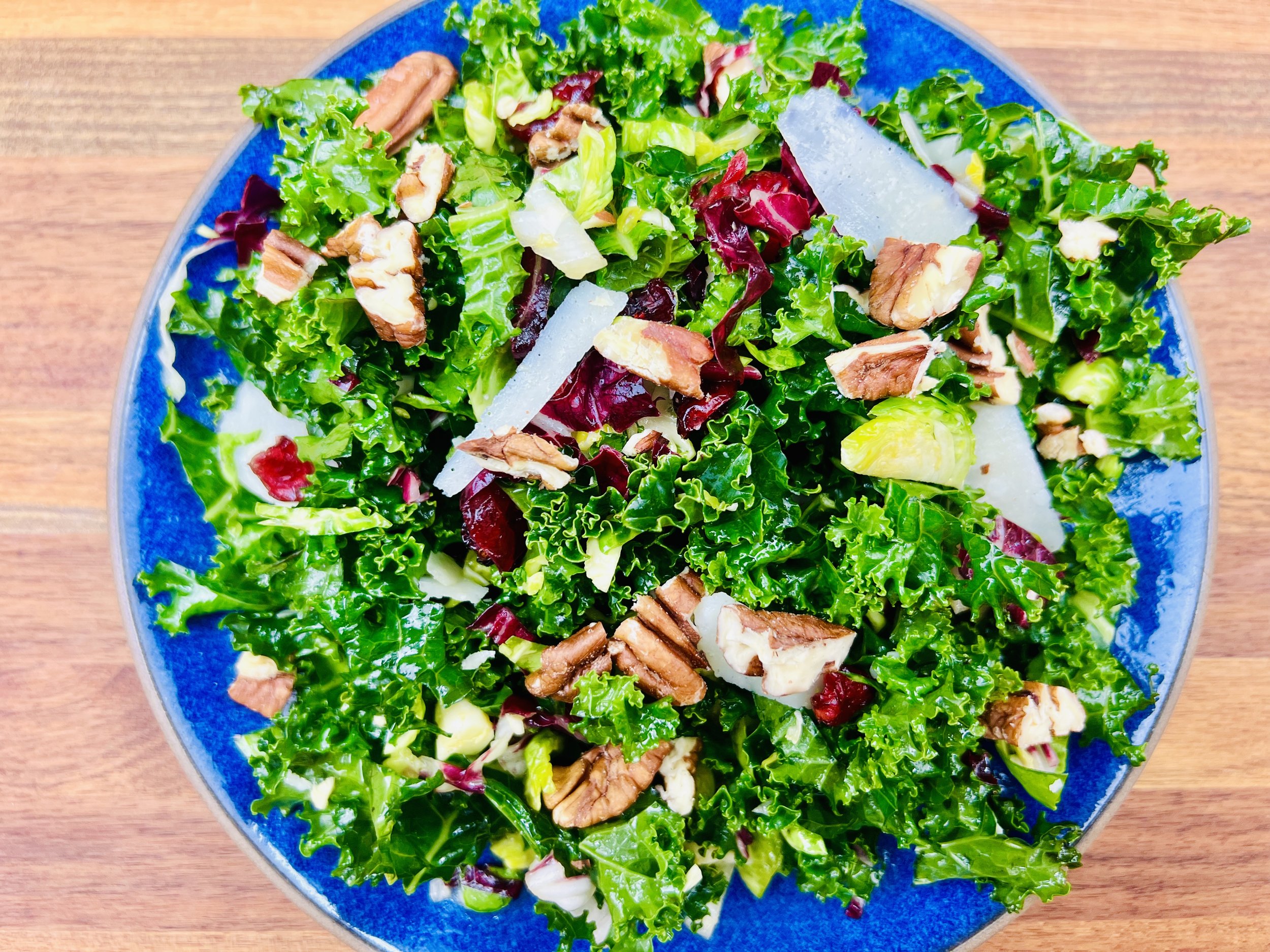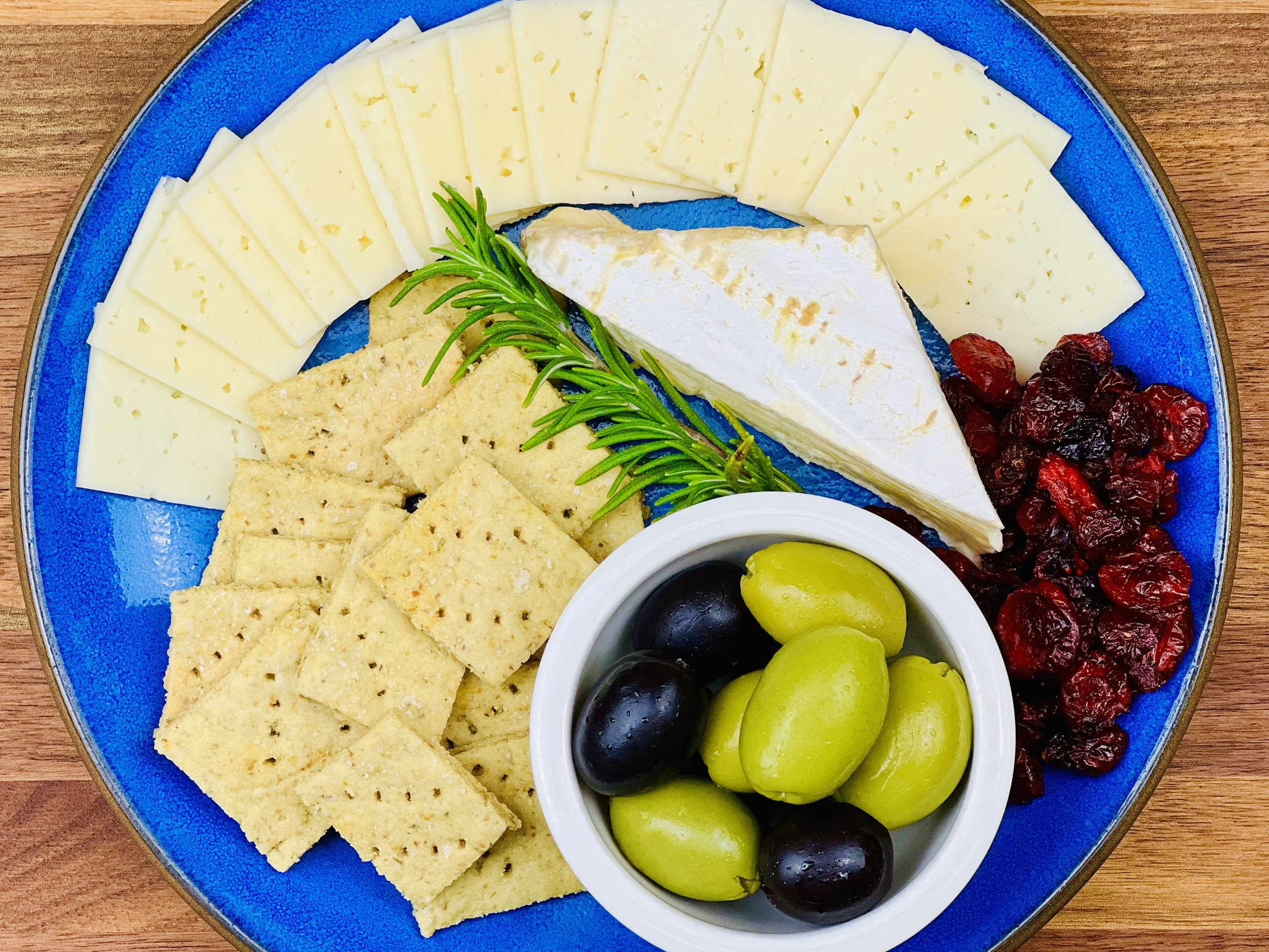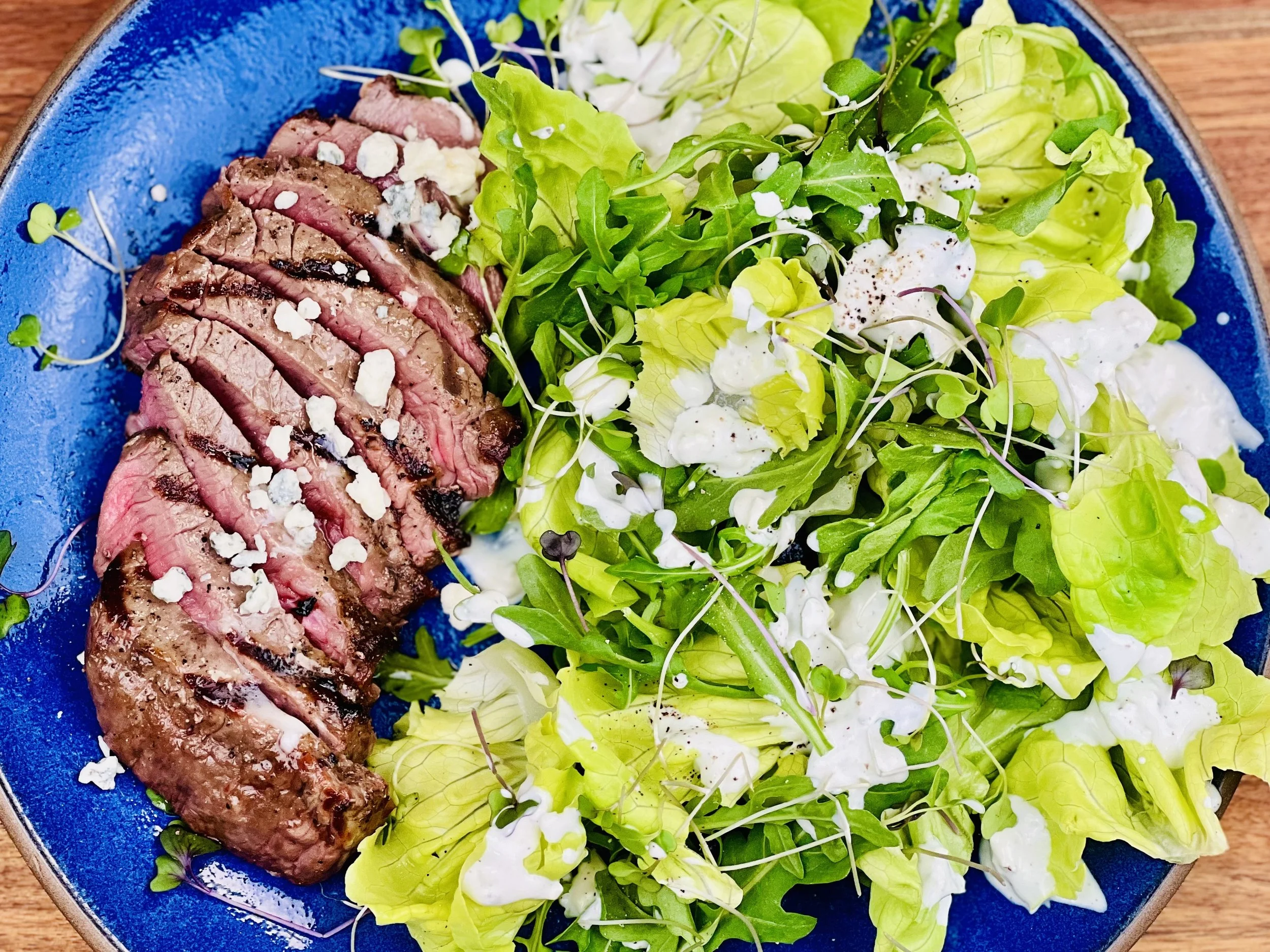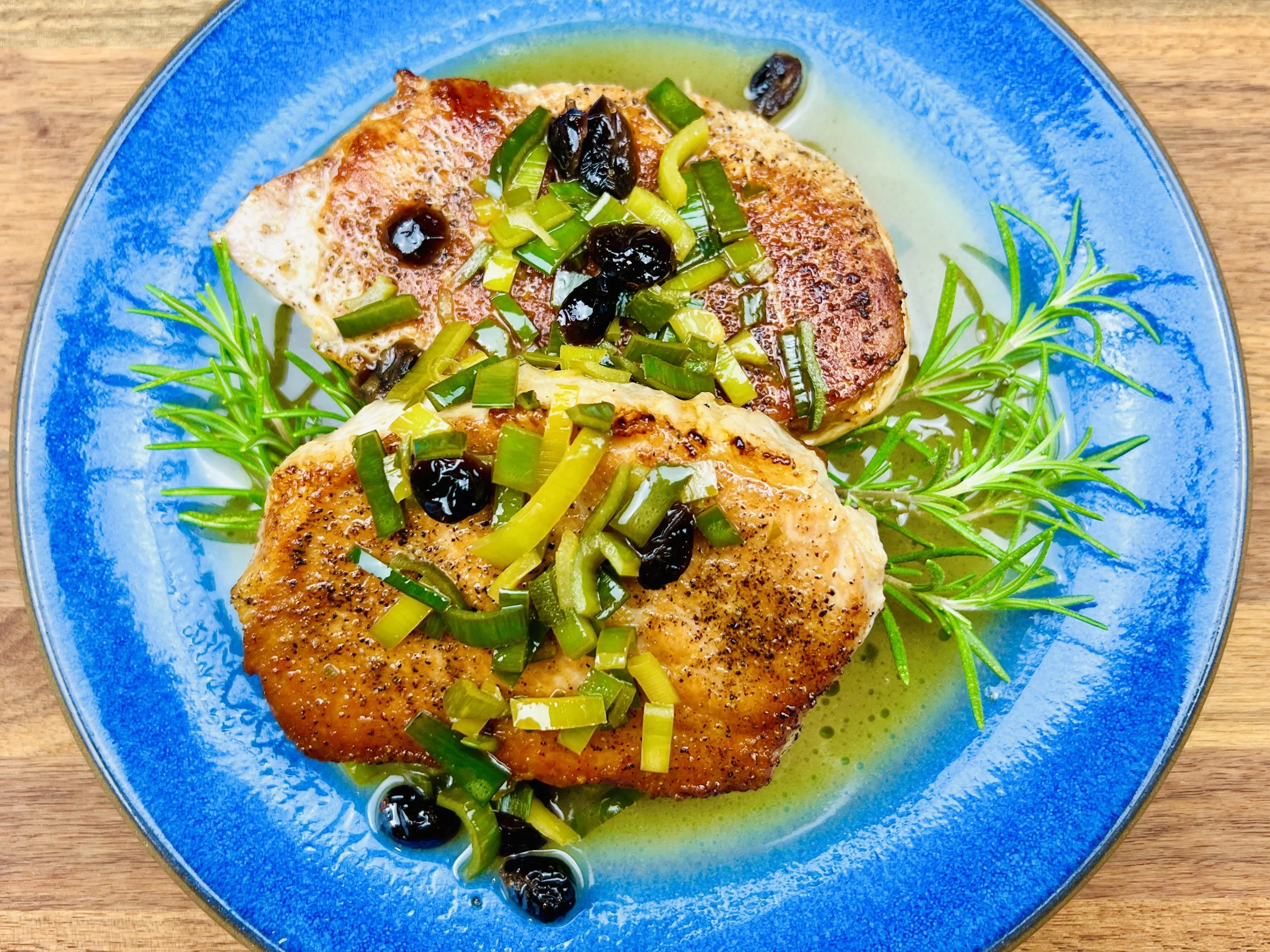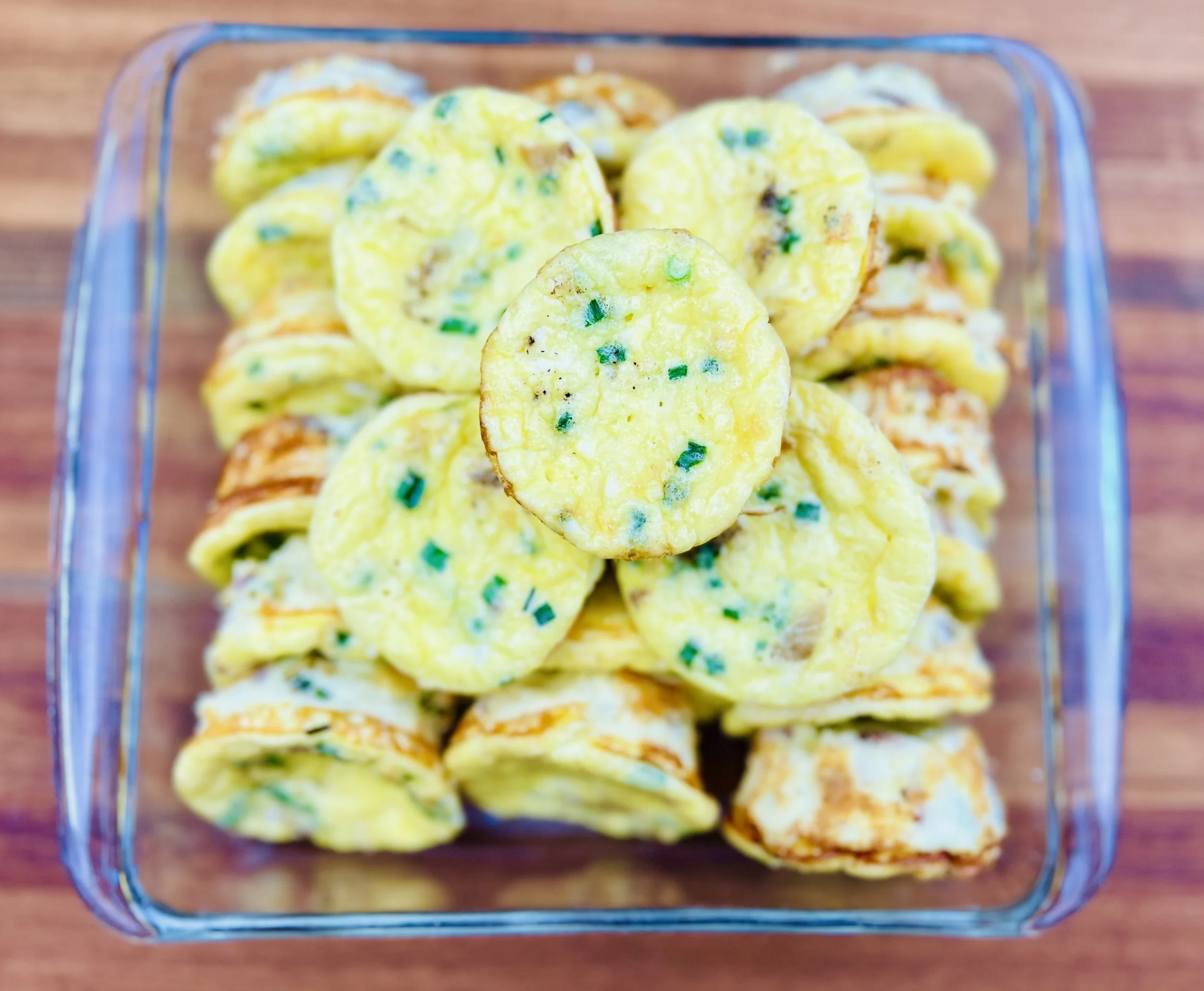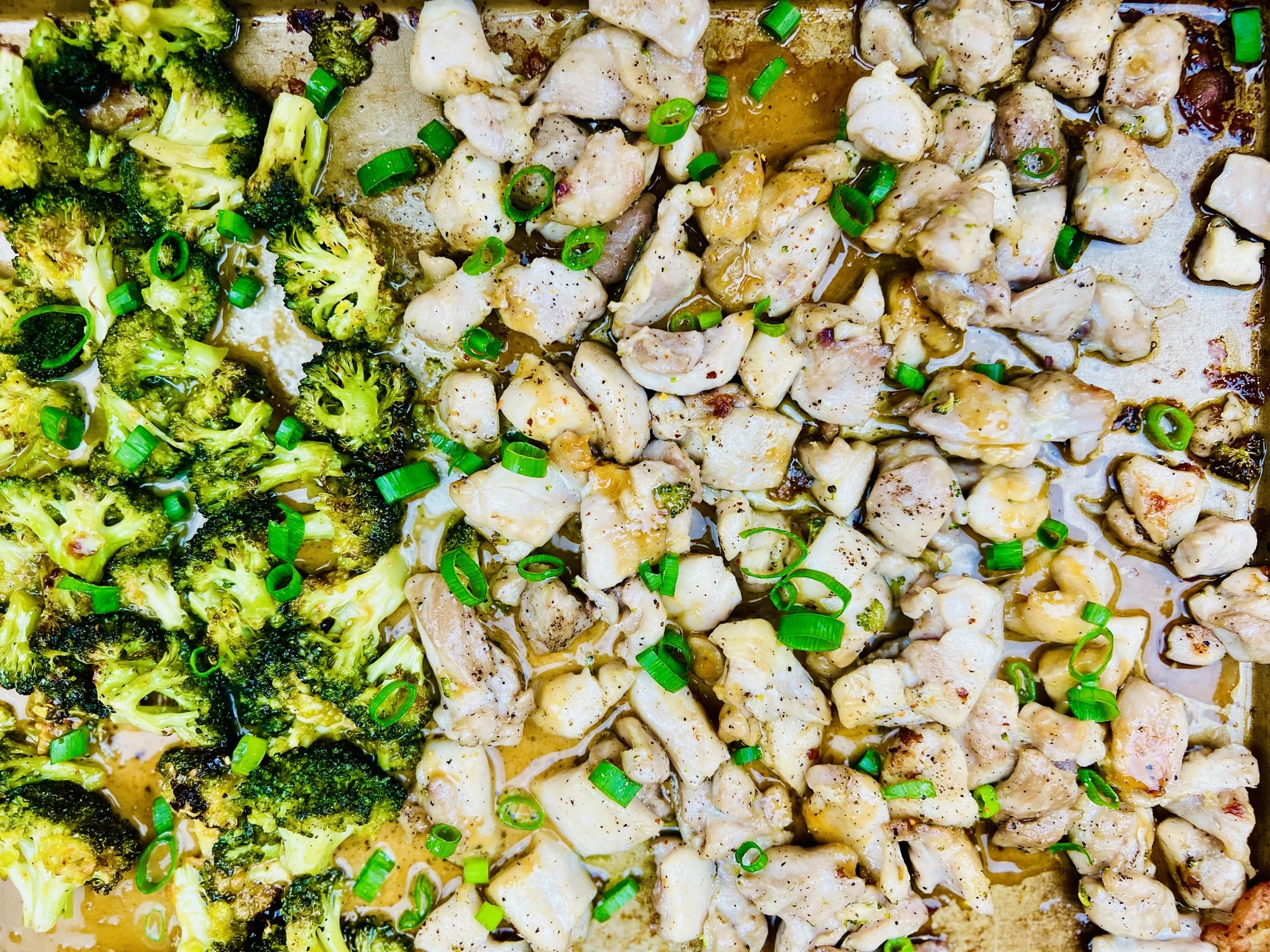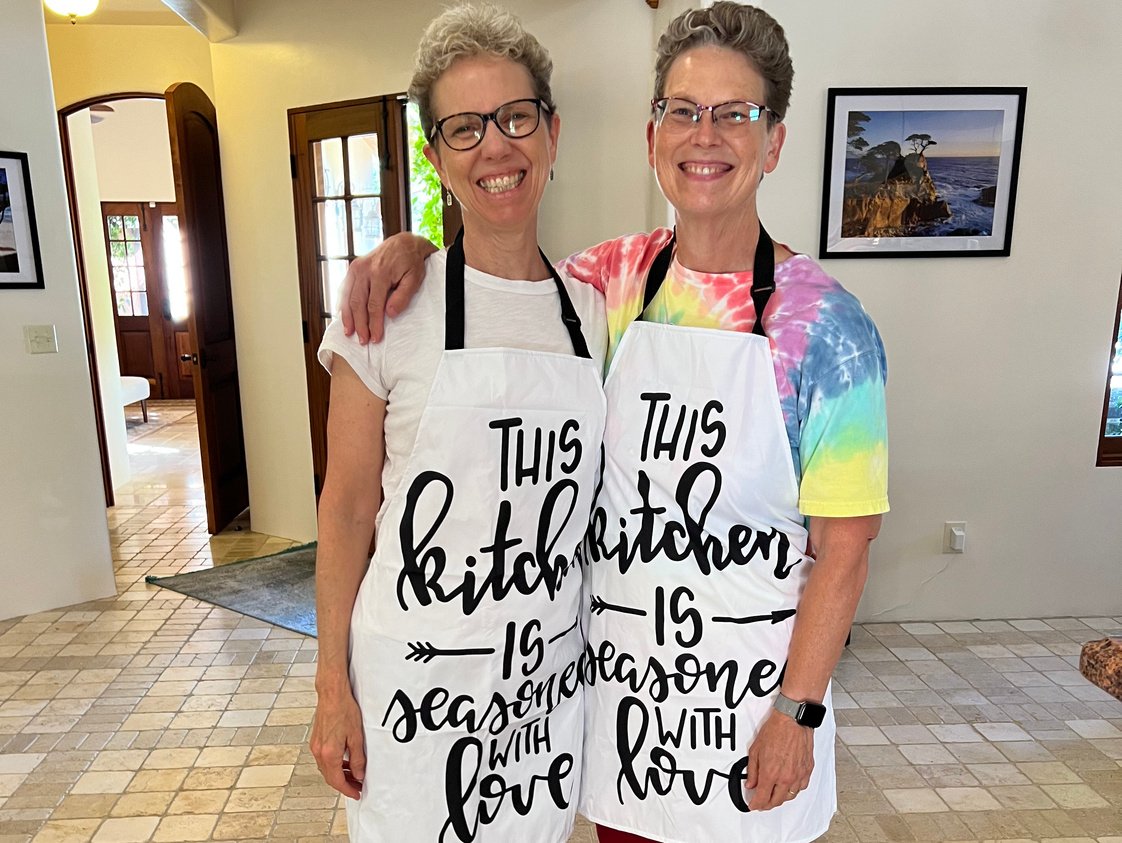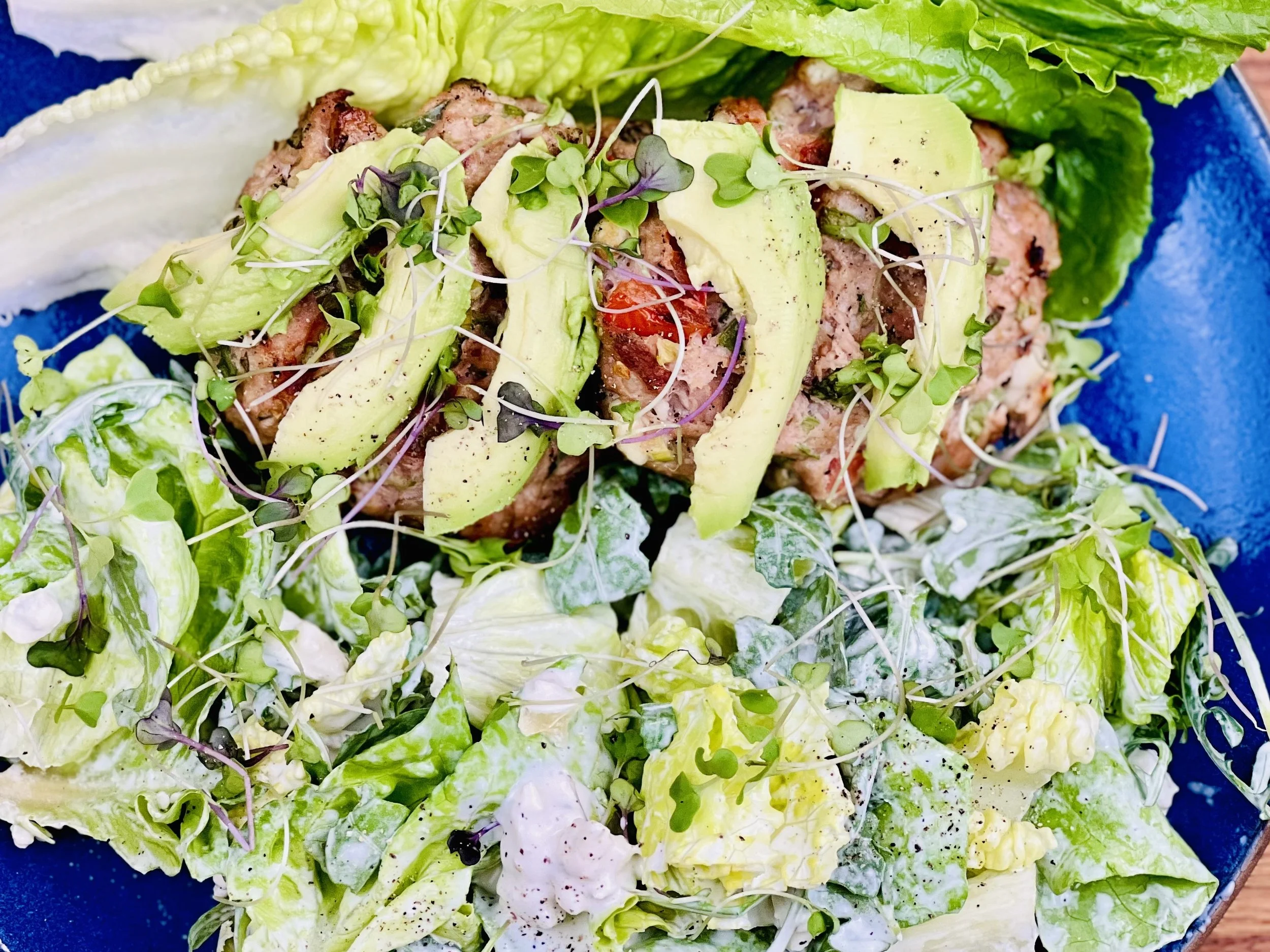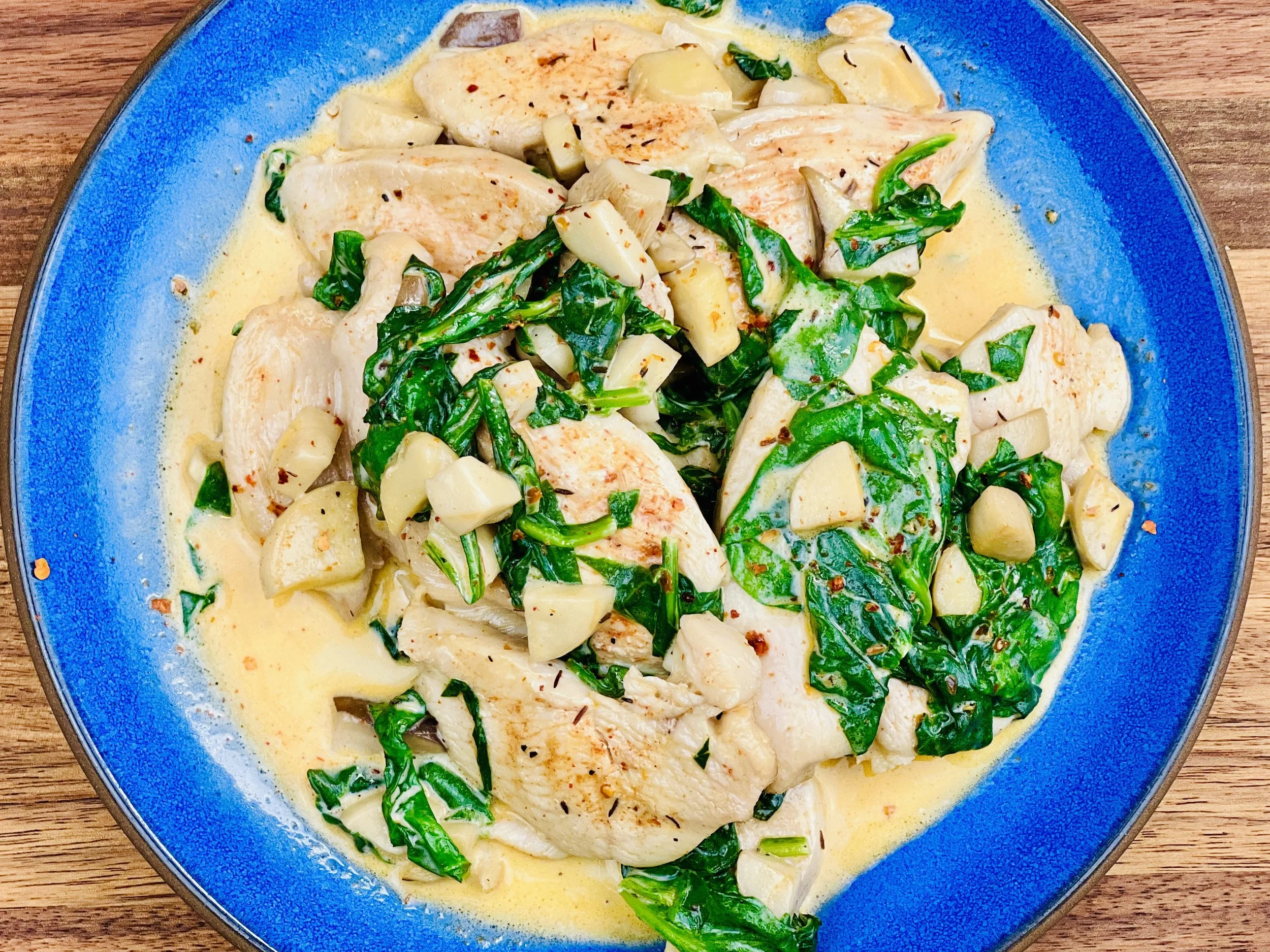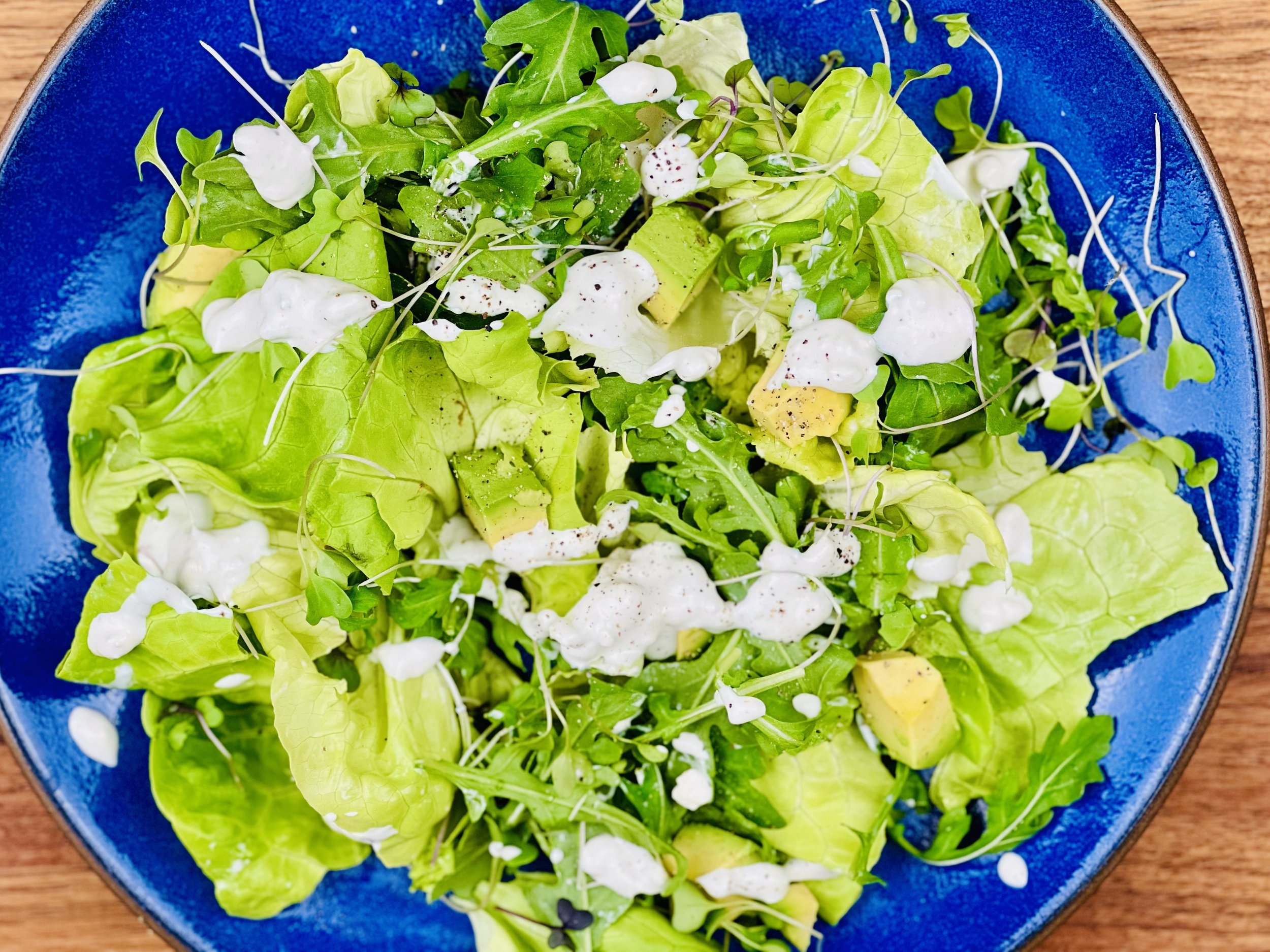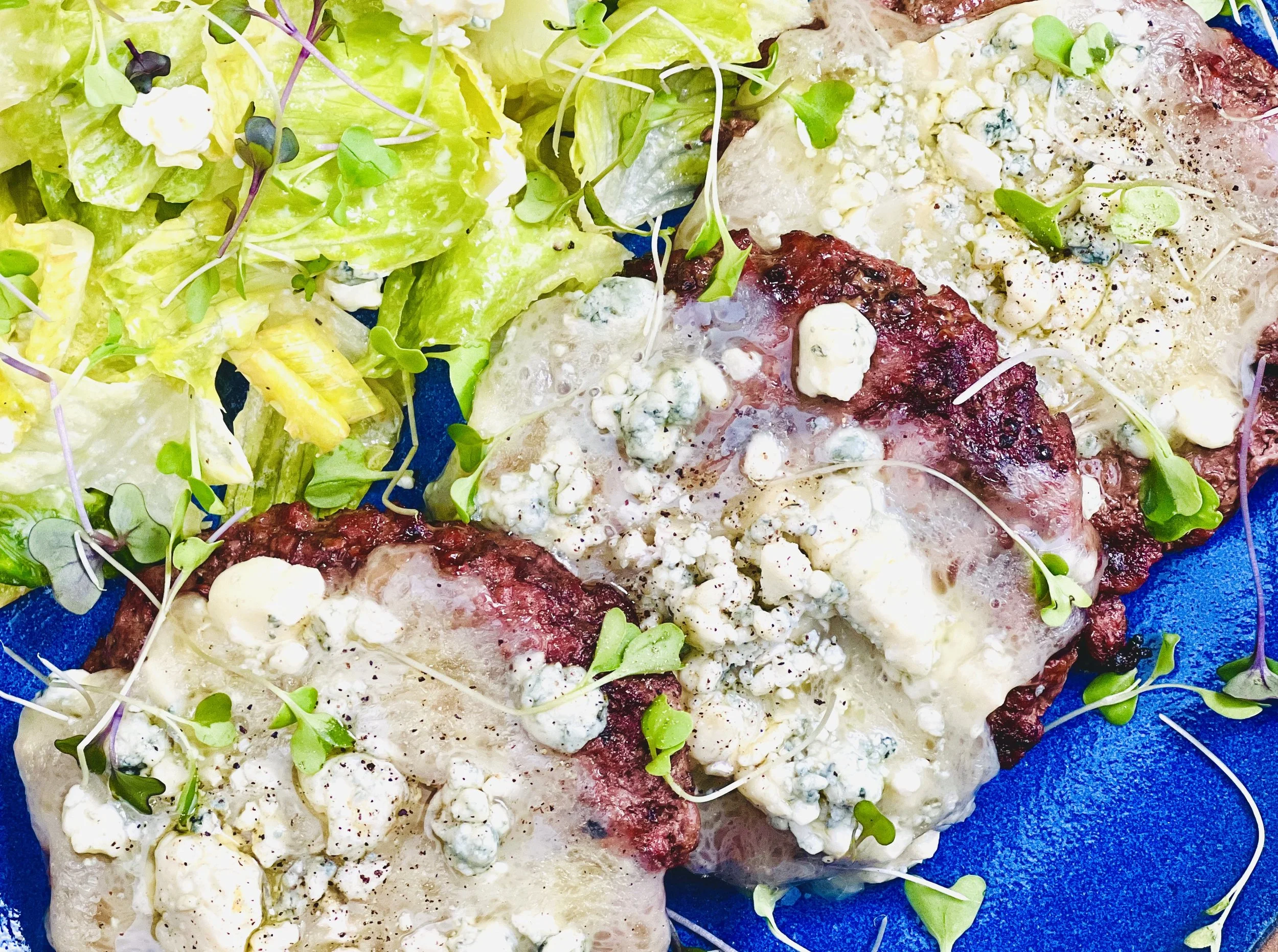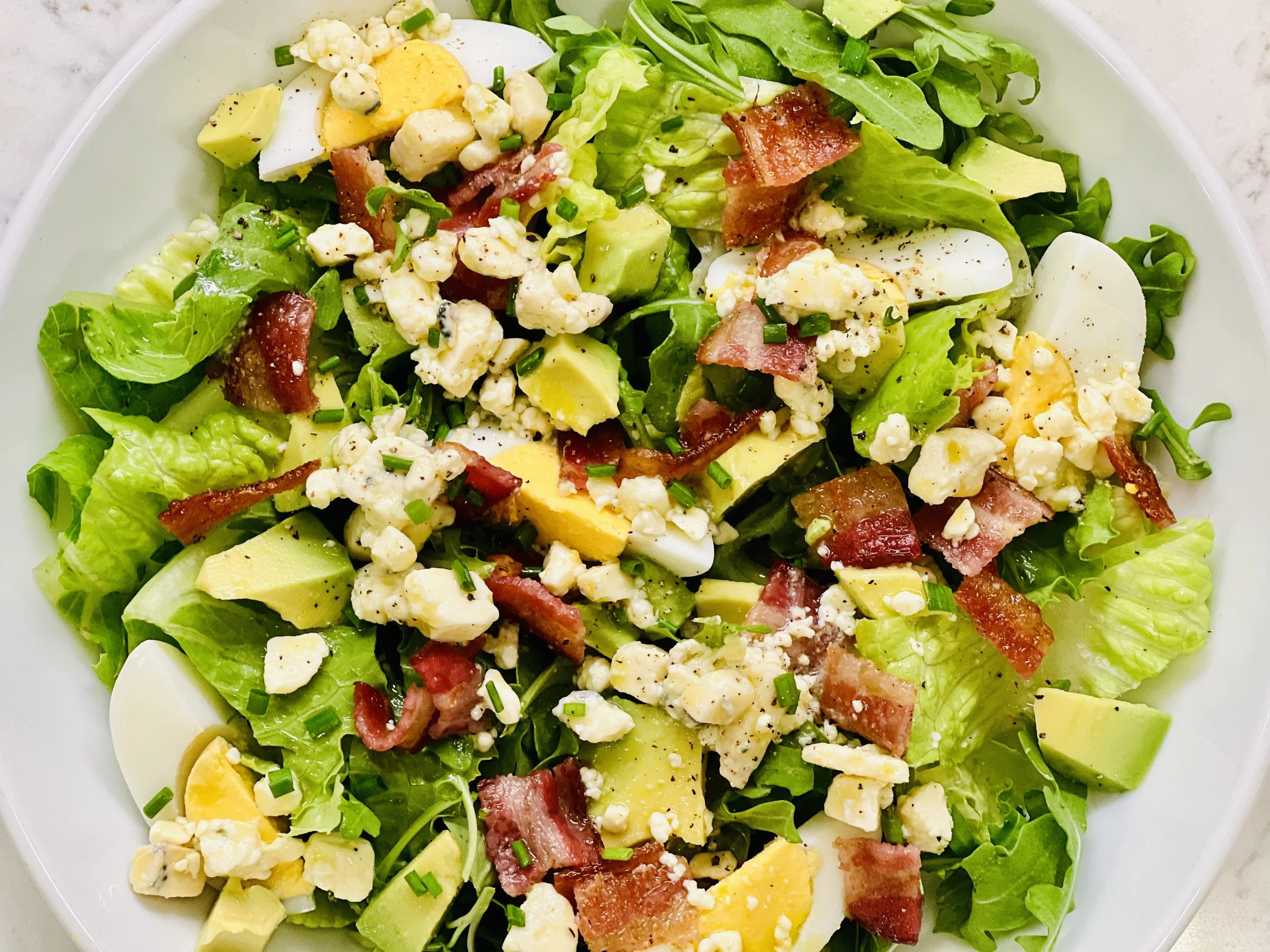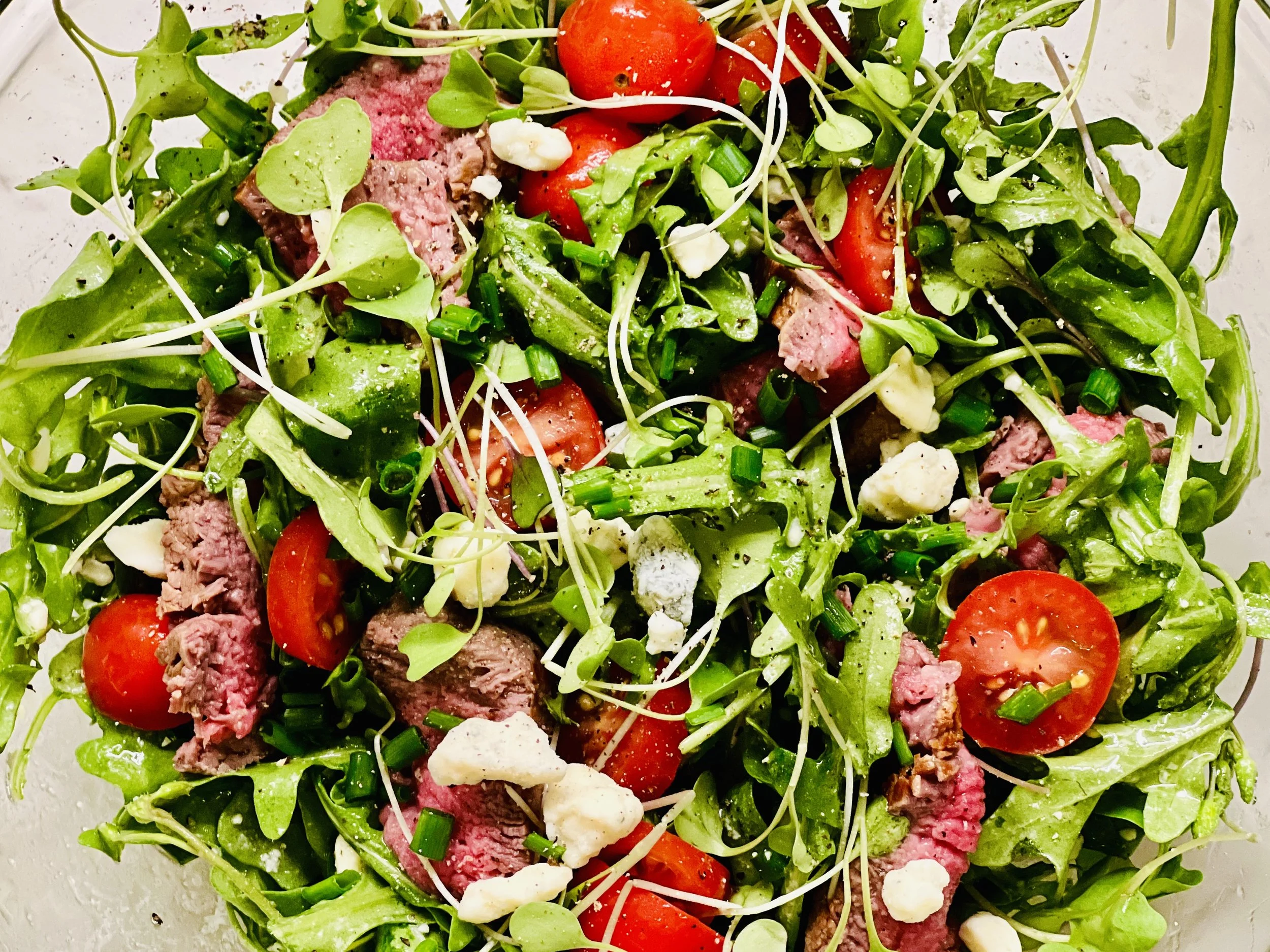Now on YouTube: The Diabetes IBS Connection with Katherine Aitken Young and Sarah Aitken
In case you want to watch (AND listen to) our podcast with Dr. Tony Hampton, it is now on YouTube!
One of the biggest challenges when struggling with gut issues is getting answers to your many questions about cause and treatment. With this in mind, we in the content creator space, work hard to bring you specific and actionable information to help answer your questions.
On this episode of Dr. Tony Hampton’s podcast, Protecting your NEST, my sister Sarah Aitken, an expert in Diabetes and Insulin Resistance, and I discuss the overlapping causes of, and treatments for, Irritable Bowel Syndrome and insulin resistance. While they are distinct disorders, there are several overlapping factors that contribute to both. Tune into this podcast to learn more.
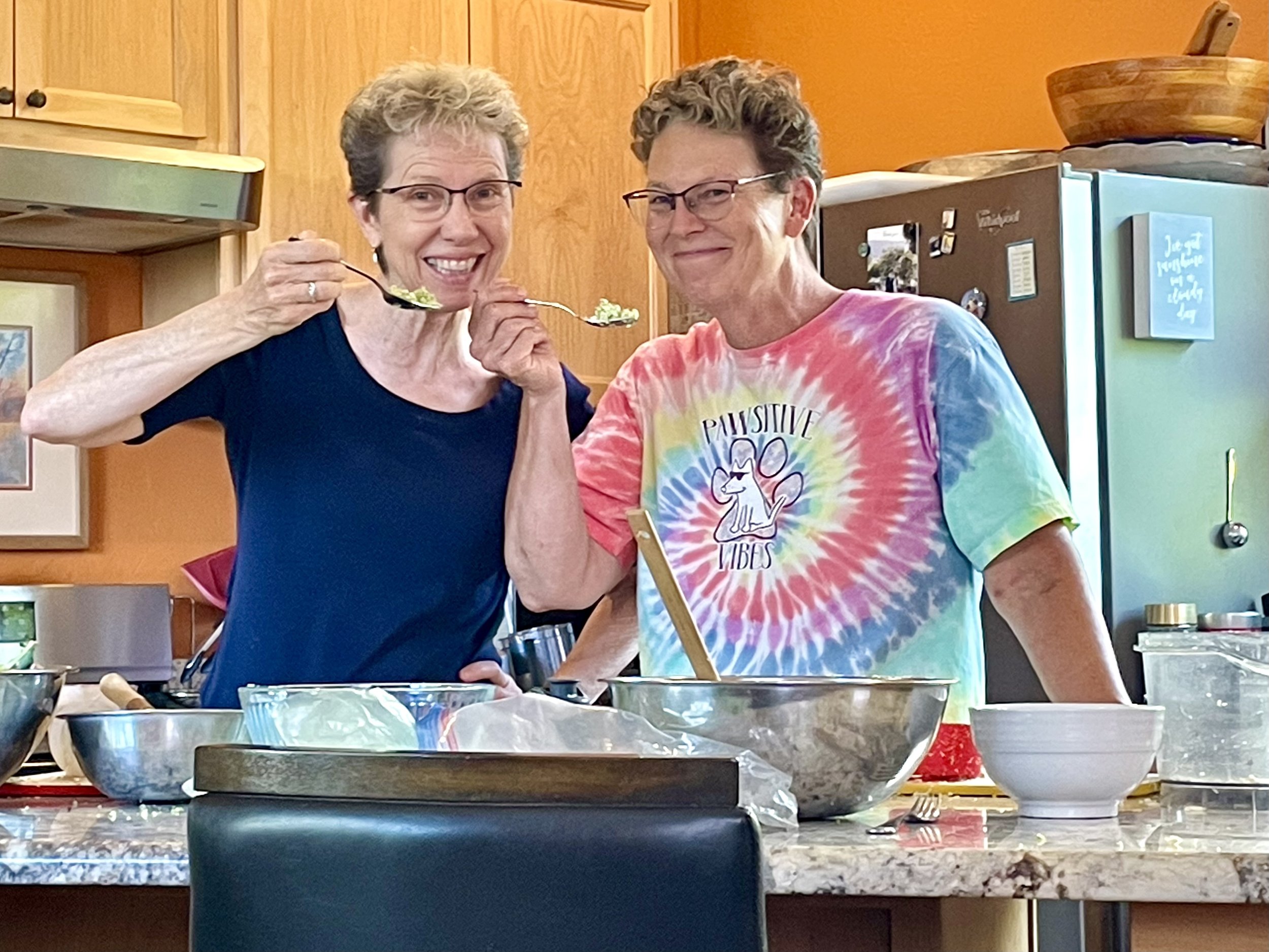
Overlapping Factors
Certain dietary factors and lifestyle habits can contribute to both IBS and insulin resistance. These include:
Processed foods: Consumption of highly processed and high-sugar foods can lead to inflammation and weight gain, both of which are linked to both IBS and insulin resistance.
Inflammation: Both IBS and insulin resistance are associated with chronic inflammation. In IBS, inflammation can lead to heightened sensitivity in the gut, causing symptoms like abdominal pain, bloating, and changes in bowel habits. In insulin resistance, inflammation can impair the body's ability to effectively use insulin, leading to elevated blood sugar levels.
Gut Microbiome: The gut microbiome, the community of bacteria living in the digestive tract, plays a crucial role in both conditions. Imbalances in the gut microbiome (dysbiosis) have been linked to both IBS and insulin resistance.
Stress: Chronic stress can exacerbate both IBS and insulin resistance.
Genetics: Genetic factors may also play a role in both conditions, increasing susceptibility.
Treatment Considerations
While the exact causes of IBS and insulin resistance are complex and not fully understood, addressing the overlapping factors can be very helpful in managing both conditions. Treatment strategies often include:
Dietary changes: Adopting a healthy, balanced diet that emphasizes whole foods, fiber, and lean protein can help improve gut health and insulin sensitivity.
Lifestyle modifications: Regular exercise, stress management techniques (like meditation or yoga), and adequate sleep can support overall health and well-being.
It's important to consult with a healthcare professional for a personalized diagnosis and treatment plan. If you are experiencing symptoms of IBS or insulin resistance, they can help you determine the best approach for managing your condition.
About Dr. Hampton’s Protecting Your NEST:
Protecting Your NEST is hosted by Dr. Tony Hampton a board certified Family Medicine and Obesity Medicine physician with a focus on helping listeners reverse the root cause of disease. The NEST and ROPE acronyms provide the foundational elements that represent the root cause of chronic disease if not mastered:
N: Nutrition (what and when you eat)
E: Exercise
S: Less stress/more sleep
T: How you Think/less Trauma
R: Relationships
O: Organism (avoiding the bad/adding the good)
P: Pollutants
E: Emotions/Life Experiences
Find Dr. Hampton’s podcast anywhere you get your podcasts. Many episodes are also available on Dr. Hampton’s YouTube channel as well.
References:
National Institute of Diabetes and Digestive and Kidney Diseases (NIDDK): https://www.niddk.nih.gov/health-information/digestive-diseases/irritable-bowel-syndrome
International Foundation for Functional Gastrointestinal Disorders (IFFGD):
https://iffgd.org/gi-disorders/lower-gi-disorders/irritable-bowel-syndrome/
American Diabetes Association: https://diabetes.org/
Have a question you’d like to have answered? Email me at hello@ibsgamechanger.com
Check out my latest Low FODMAP and Low Starch recipes
10 Minutes prep • 15 Minutes cook • Low FODMAP • Gluten-Free • Keto Friendly • Makes 36 bars
One of the biggest challenges when struggling with gut issues is getting answers to your many questions about cause and treatment. With this in mind, we in the content creator space, work hard to bring you specific and actionable information to help answer your questions.
10 Minutes prep • 25 Minutes cook • Low FODMAP • Gluten-Free • Serves 6 • Ok to make-ahead: Step 1
One of the biggest challenges when struggling with gut issues is getting answers to your many questions about cause and treatment. With this in mind, we in the content creator space, work hard to bring you specific and actionable information to help answer your questions.
